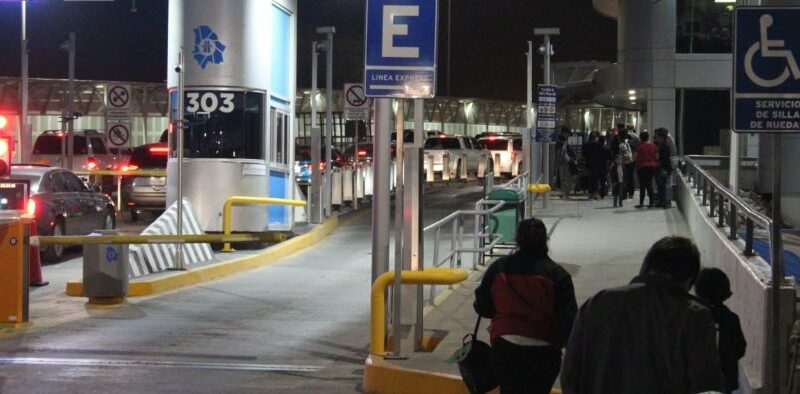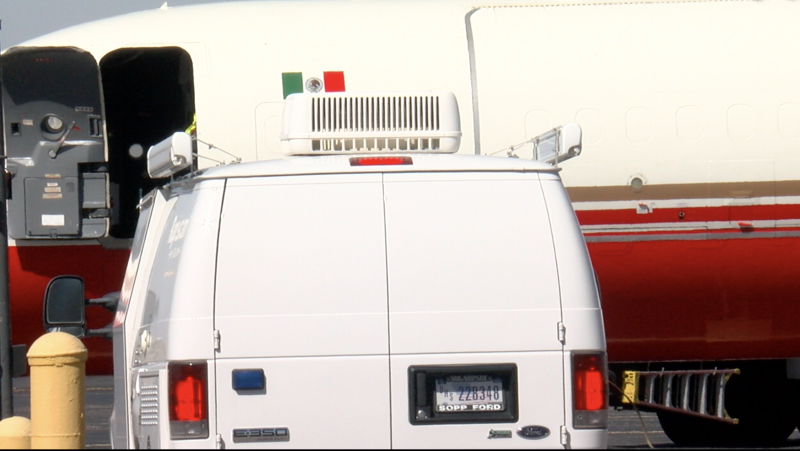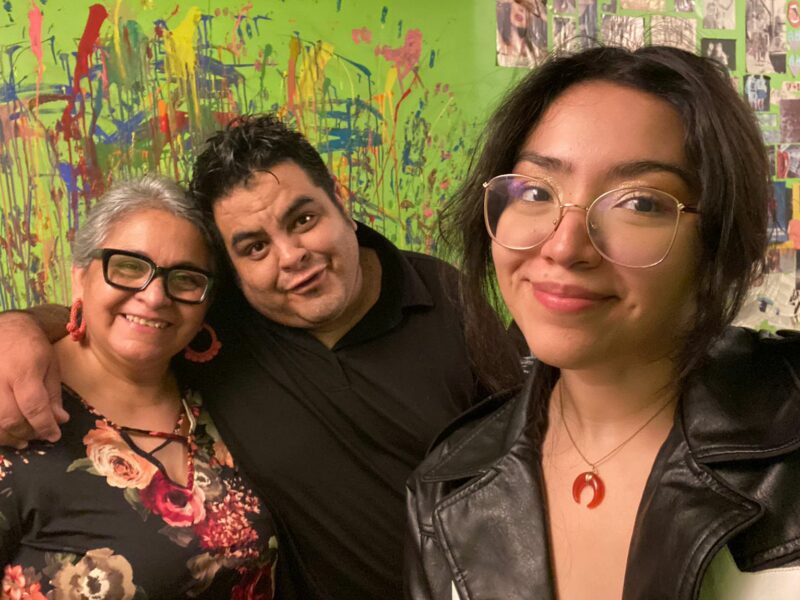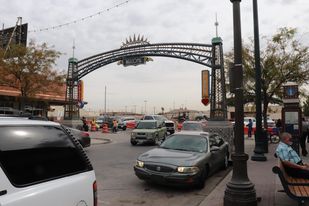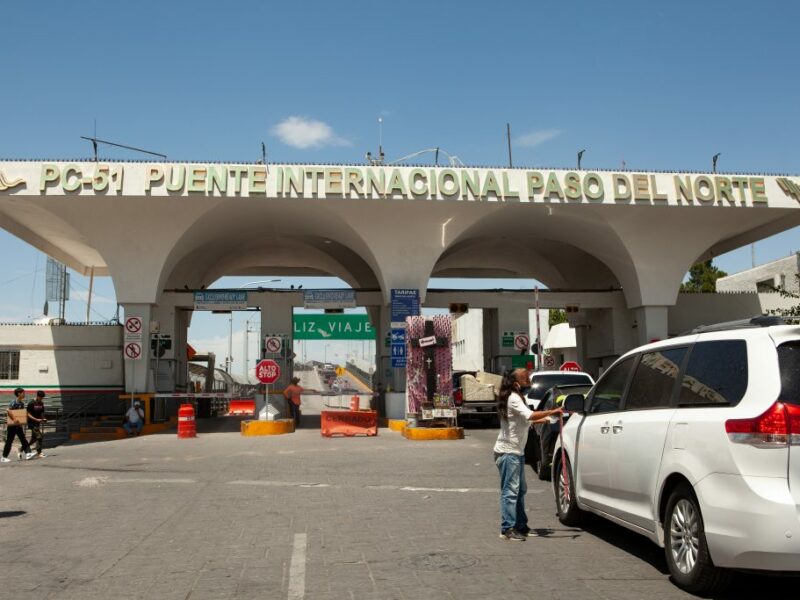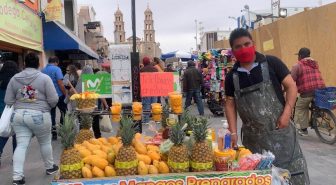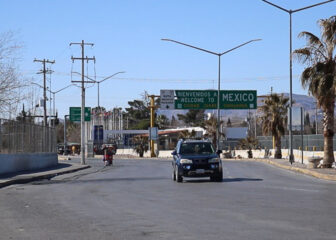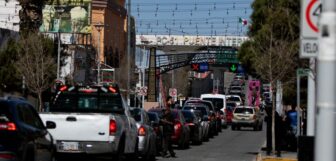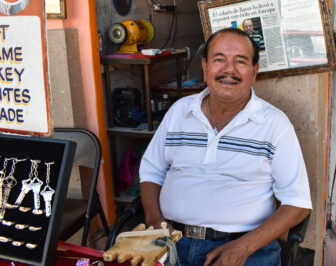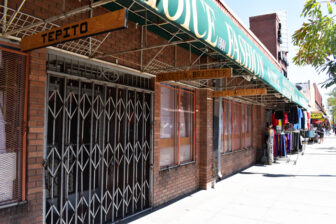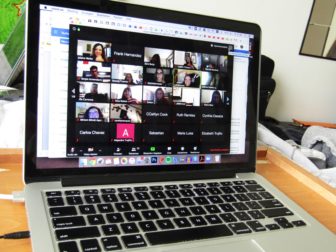By Iván Gómez Cruz/La Verdad
CIUDAD JUAREZ – Although Lara has not been able to cross the border for her job cleaning houses for 20 months, the 45-year-old woman said she never lost contact with her El Paso employers. With Monday’s reopening of the U.S. border to non-essential travelers she said that “with God’s favor” she will return to work. Since 2018, Lara worked as a maid for three families in El Paso to help support her family. But in March 2020, the U.S. government closed the border due to the health crisis unleashed by COVID-19. Sometimes she crossed on foot and sometimes she got an acquaintance to take her by car, she said.
